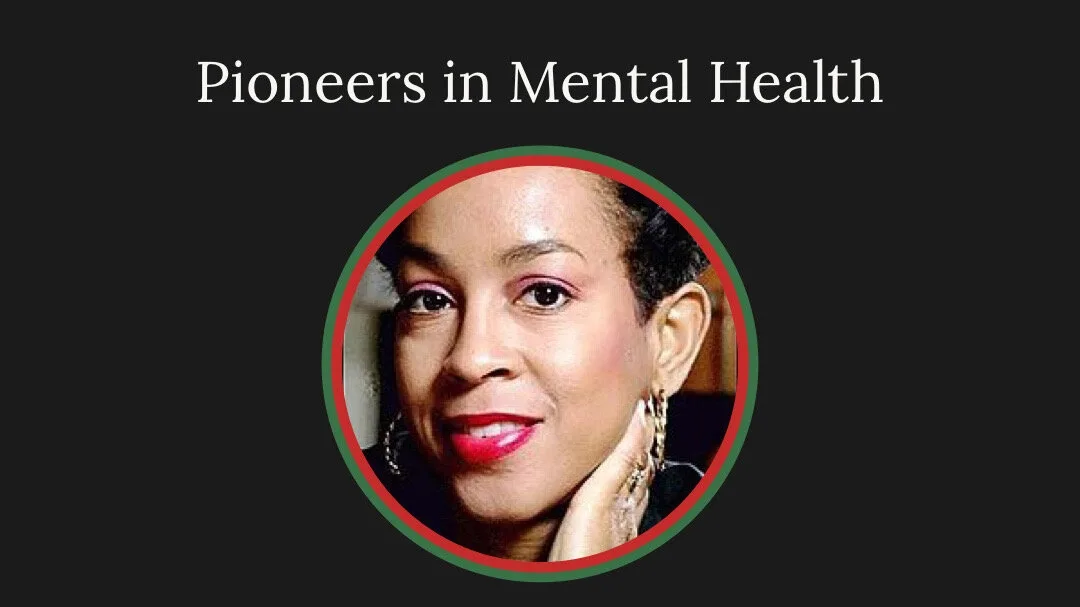
During Black History Month, we take the time to recognize and celebrate the remarkable contributions and achievements of Black Americans in various fields, including mental health. These visionary leaders have greatly advanced mental health prevention and treatment, proving that prevention works, treatment is effective, and recovery is possible for everyone. Furthermore, their tireless work and advocacy have demonstrated that #RecoveryIsPossible for all, reinforcing the importance of this month for both reflection and action. #BHM
Black Pioneers in Mental Health
Black Americans have made significant strides in the field of child and adolescent mental health, as highlighted by Mental Health America’s list of Black Pioneers in Mental Health. These trailblazing individuals have dedicated their lives to ensuring that children and families receive the necessary support for mental health, emphasizing the importance of prevention and effective treatment. Their work warrants our support and recognition as we continue to strive for mental health equity.
Fighting for Better Health Outcomes
Despite facing disparities in healthcare due to systemic racism and social inequalities, Black Americans have continued to make significant contributions to mental health advancement. Leaders like Frederick Douglass and Dr. Dorothy Height have tirelessly advocated for their communities’ health, paving the way for progress. Black History Month serves as a pivotal moment for us to remember the ongoing struggle for health equity and act as a call to action for all to recognize the past, celebrate the present, and work towards a more just future.
Black Health is Public Health: A Legacy of Leadership
The legacy of achievements from Black leaders in the space of public health, civil rights, social justice, and health equity is immense. Key figures such as Booker T Washington, W E B Du Bois, Joycelyn Elders, David Satcher, William Jenkins, Mary Bassett, David R Williams, Helene Gayle, Camara Jones, Aletha Maybank, Daniel Dawes, and Kizzmekia Corbett have contributed significantly to advancing health equity and overcoming systemic racism. The establishment of the Office of Minority Health at CDC has also played a crucial role in addressing and reducing health disparities in minority communities, further emphasizing the importance of Black Americans’ contributions to mental health.
In conclusion, Black History Month is a time to honor and celebrate the incredible contributions of Black Americans to mental health prevention and treatment. The work of these pioneers serves as a constant reminder of the power of resilience, advocacy, and dedication to achieving health equity. Let us remember their efforts, celebrate their achievements, and continue to fight for a future where mental health support is accessible to all, regardless of race or ethnicity.

